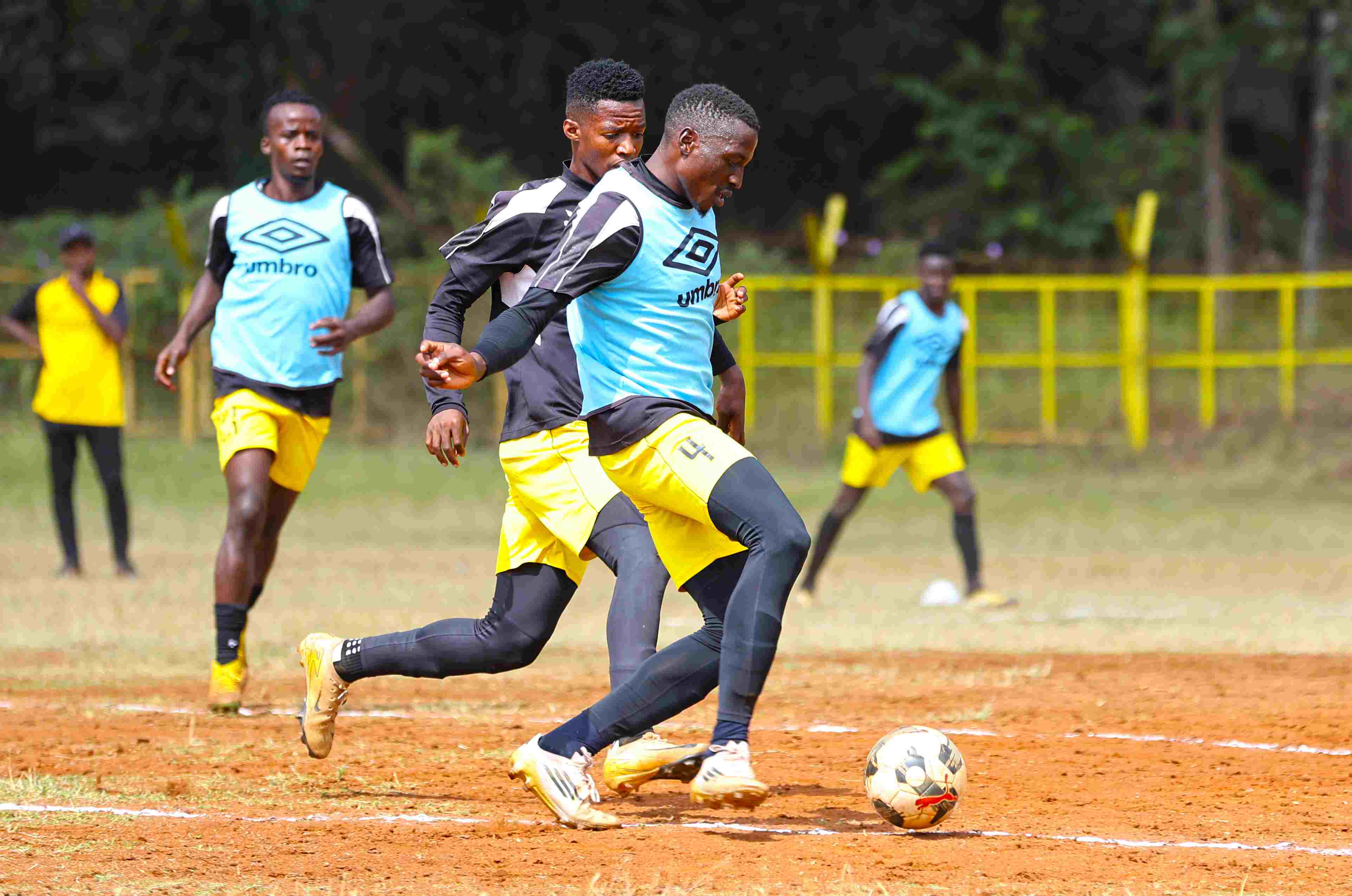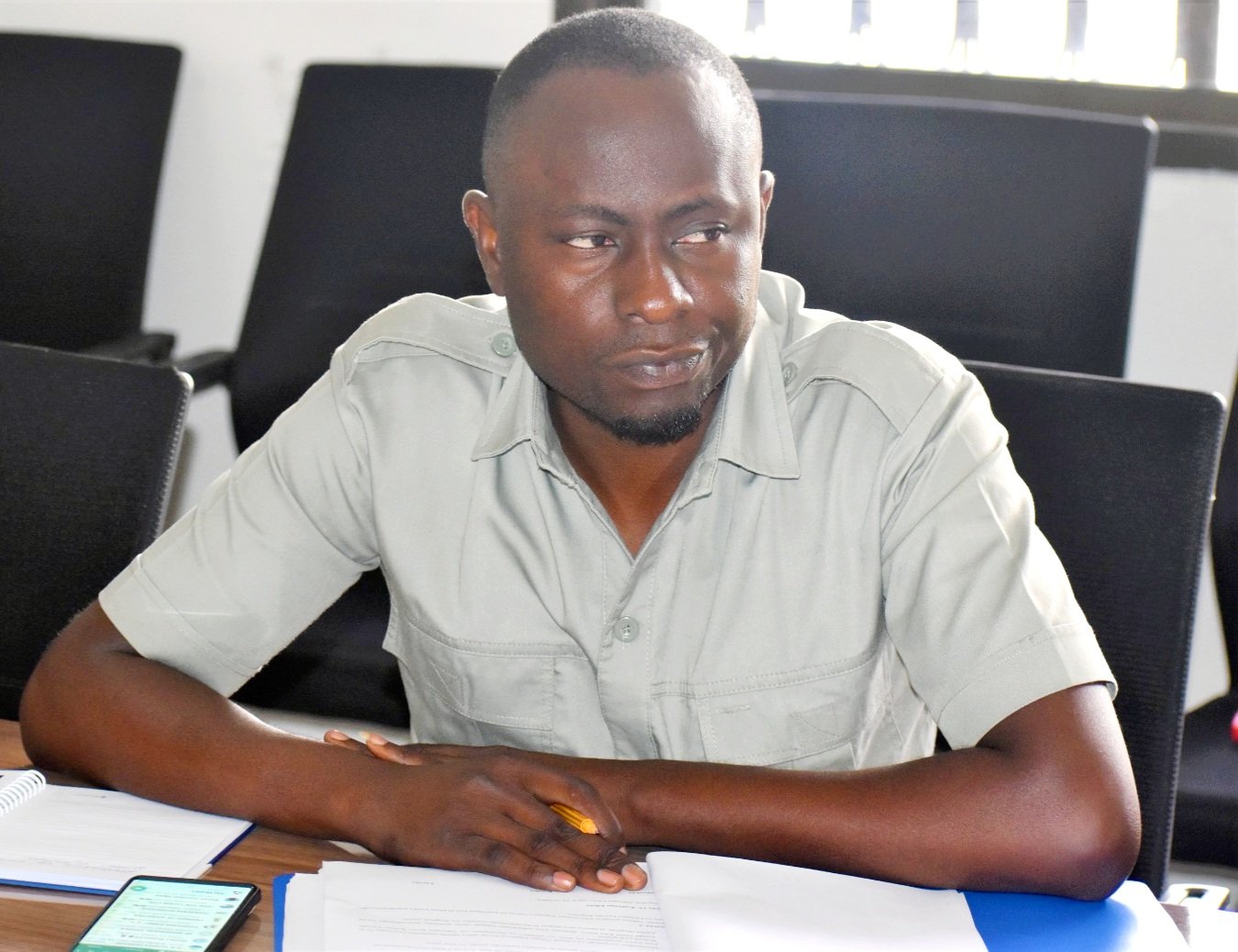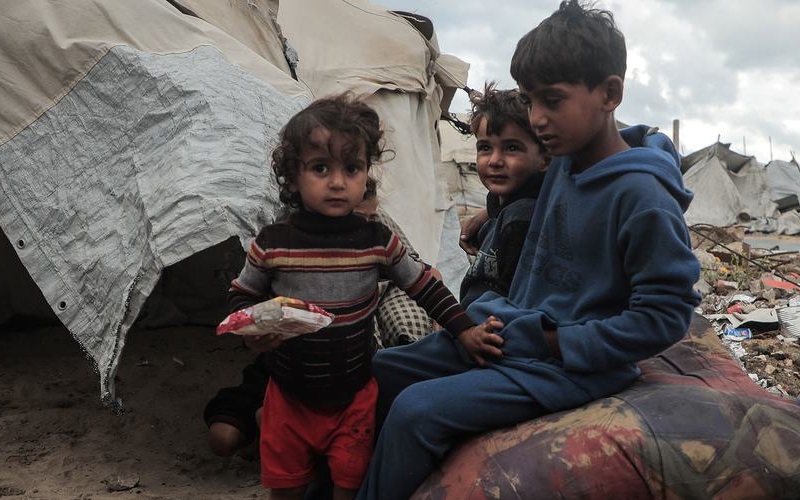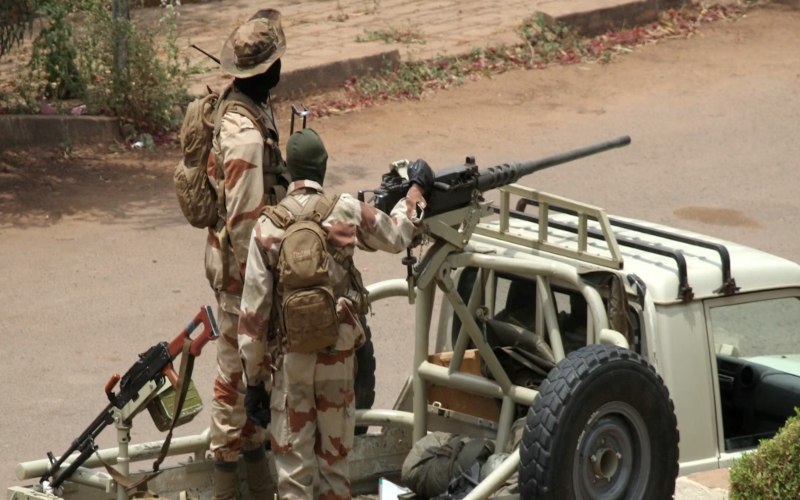Duale suspends licensing of foreign doctors, forms committee to audit Mediheal kidney transplants
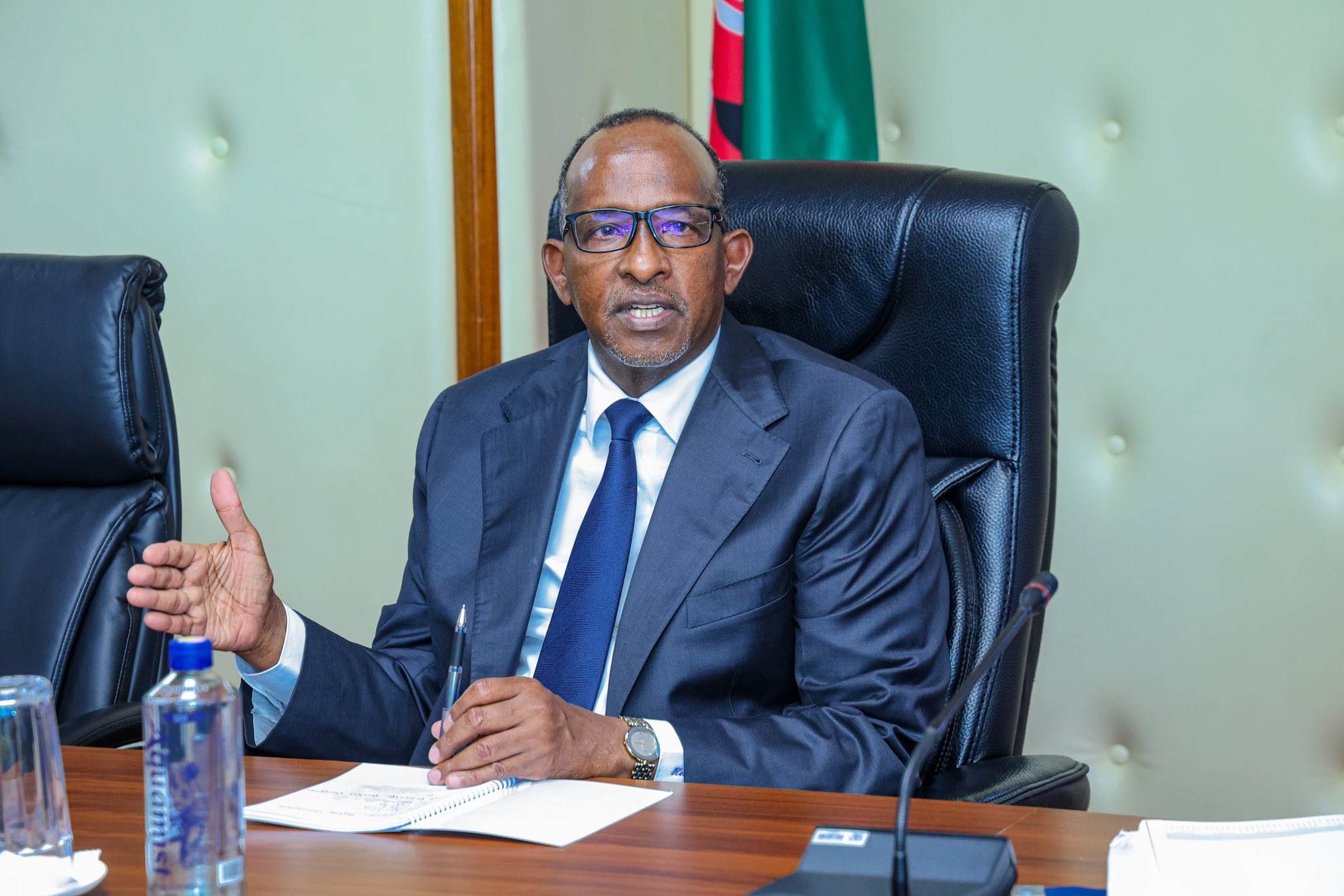
The audit will examine governance, clinical practices, ethical compliance, and patient safety protocols. The committee is expected to report back within 90 days.
The government has suspended the licensing of new foreign medical practitioners in Kenya, citing concerns over ethical practices and governance in transplant procedures, particularly at the Mediheal Group of Hospitals.
Health Cabinet Secretary Aden Duale on Wednesday directed the Kenya Medical Practitioners and Dentists Council (KMPDC) to “suspend forthwith issuance of new licenses for foreign medical practitioners in Kenya except those from the East African Community Member states until the existing standards and guidelines are reviewed to conform with international best practice.”
More To Read
- Kenya urges stronger regional cooperation as transport corridors fuel disease risks across East Africa
- Governors sound alarm as 934 newborns die amid funding row in health sector
- MPs question Mediheal Hospital over donor sourcing and patient documents
- Over 160 newborns, 14 mothers died during Kiambu doctors’ strike - Health CS Aden Duale
- Health Ministry rolls out new oxygen equipment to hospitals
- Health Ministry tops list of NHIF debtors with Sh7.8 billion owed- RUPHA
Duale further instructed the council to conduct a comprehensive audit of all licensed foreign medical practitioners in the country and submit a detailed report to his office within 90 days.
In a move to restore public confidence and ensure compliance with ethical and clinical standards, Duale announced the formation of an independent expert committee.
The team will include transplant professionals from public and private sectors, regulatory bodies and professional associations.
“I am appointing an independent committee of transplant experts, drawn from public and private health facilities, professional associations, and relevant regulatory bodies to undertake a comprehensive audit of all kidney transplant services at the Mediheal Group of Hospitals for the past five years,” Duale said.
The audit will examine governance, clinical practices, ethical compliance, and patient safety protocols. The committee is expected to report back within 90 days.
Duale explained that the move follows concerns raised in a December 2023 fact-finding mission, whose report was never formally submitted or endorsed by all team members.
“This action is necessitated by the fact that the report of the December 2023 probe team was neither formally submitted to the Ministry nor unanimously endorsed by its members,” he said.
The 12-member multidisciplinary team that conducted the initial investigation, appointed by Dr Maurice Wakwabubi, the acting CEO of the Kenya Blood Transfusion and Transplant Services (KBTTS), uncovered a raft of concerns after reviewing 372 kidney transplants performed at Mediheal Fertility and Transplant Centre in Eldoret since 2018.
The probe raised red flags around the unclear relationships between foreign donors and recipients, the lack of properly translated consent forms, and the possibility of an organ trafficking network exploiting regulatory loopholes.
“In our opinion, the committee thinks there is suspicious activity for trafficking, but there is insufficient evidence,” the report noted.
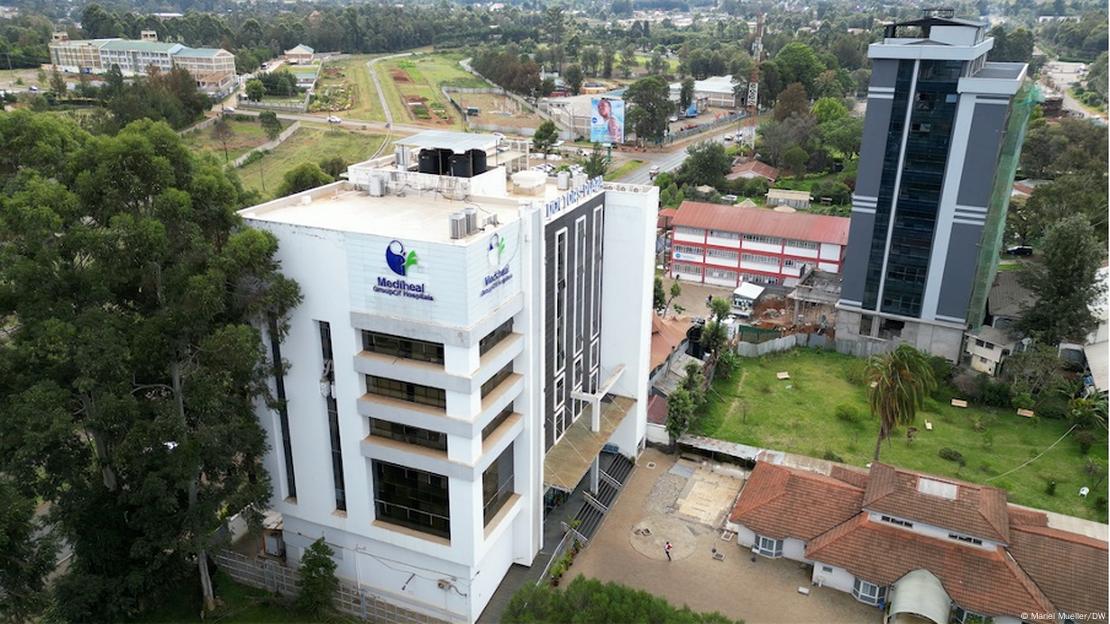 An aerial view of the Mediheal Hospital in Eldoret. (Photo: Mariel Mueller/DW)
An aerial view of the Mediheal Hospital in Eldoret. (Photo: Mariel Mueller/DW)
A letter from the Transplantation Society sounded the alarm, pointing to cases involving Israeli nationals receiving transplants and alleging that an “organised syndicate evading regulations in Kenya” could be in operation.
The report further revealed that many of the transplant surgeries were cash transactions. A recurring concern was the name “Yusuf” being listed as the next of kin in multiple donor files, suggesting a pattern warranting further scrutiny.
Despite claims by the hospital that consent procedures were followed, the report established that consent forms were not translated into languages that could be understood by all parties. Additionally, the ethics committee lacked key members such as interpreters and patient advocates.
There was also no formal mechanism to verify the relationship between donor and recipient, and in some cases, patients came in with unrelated donors or expected the hospital to find a donor for them.
“There is a need to ascertain the relationship status of the foreign donor and recipient,” read the report.
Top Stories Today
